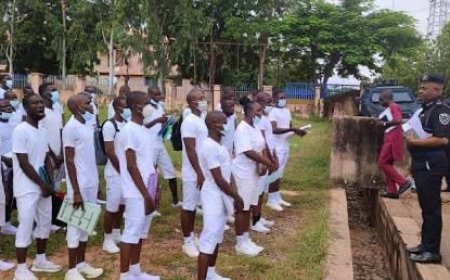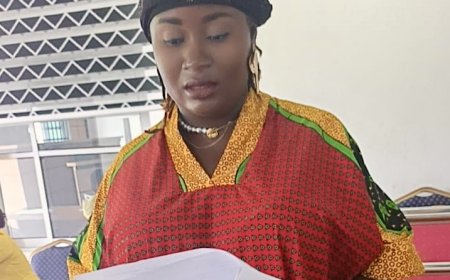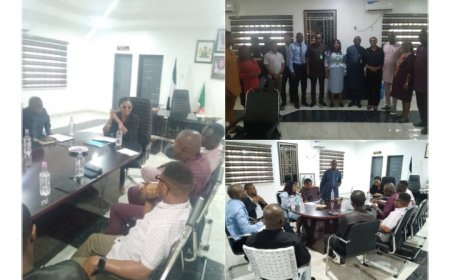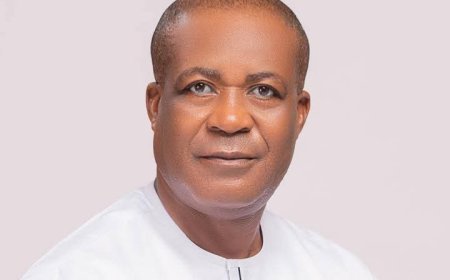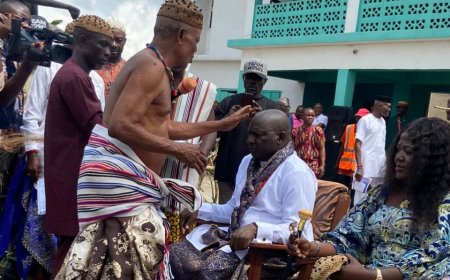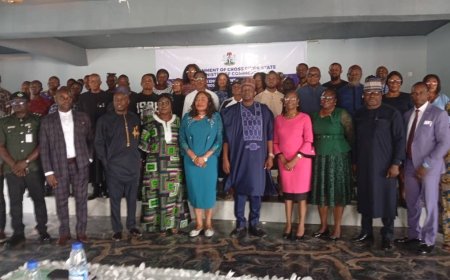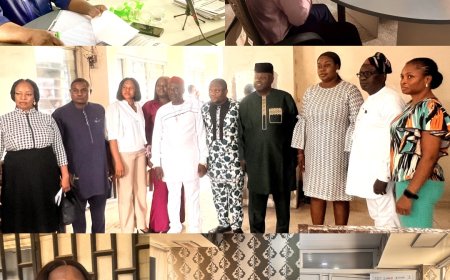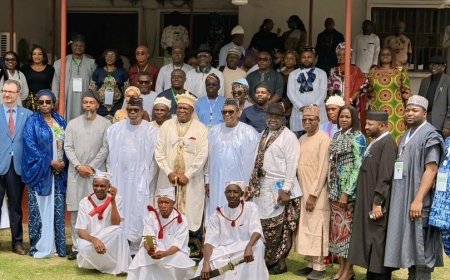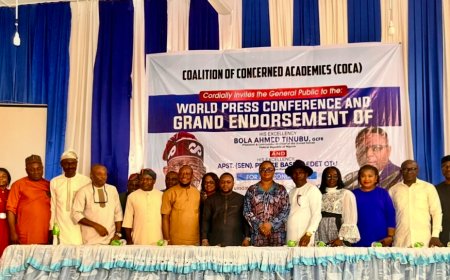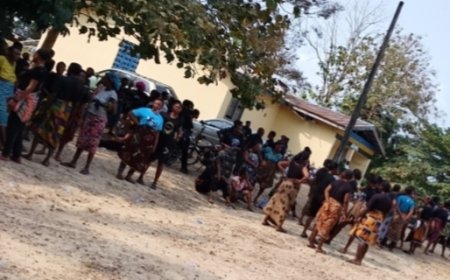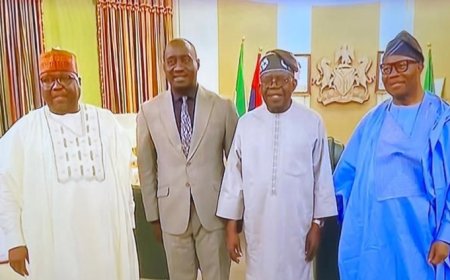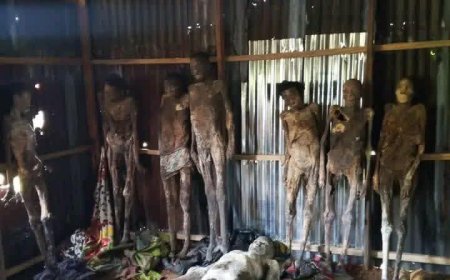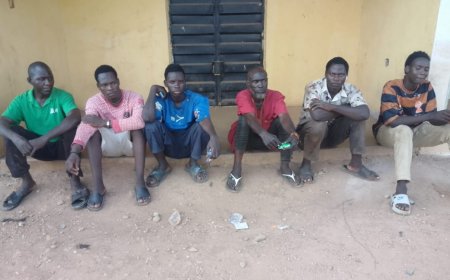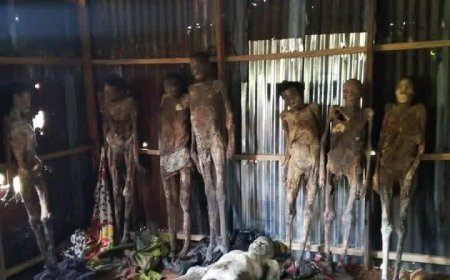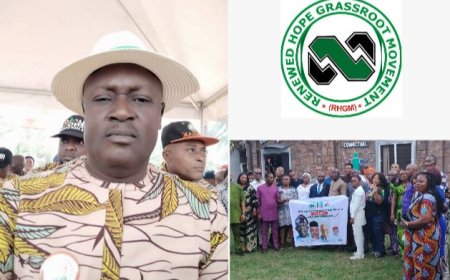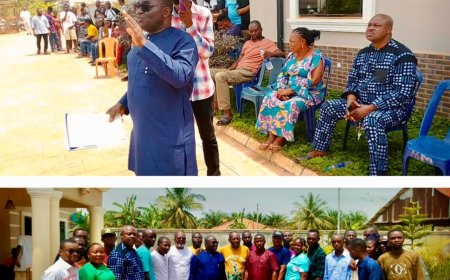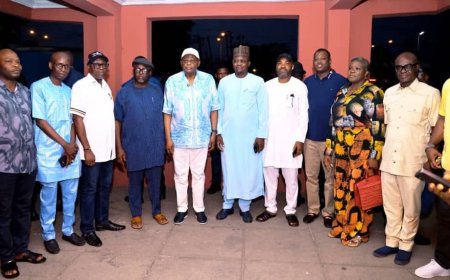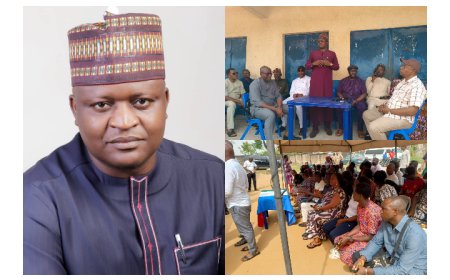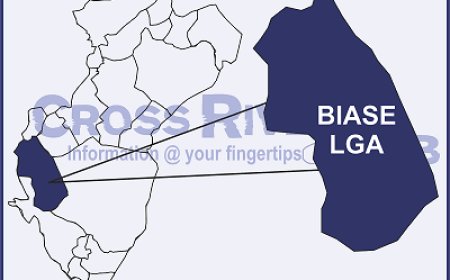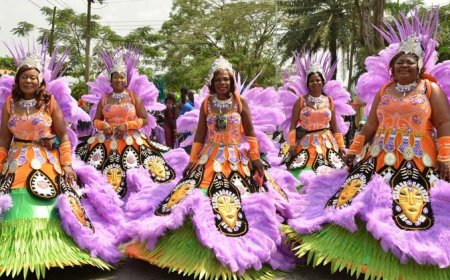EDITORIAL: Ogoja:-Imperatives for Statehood After Over 50 Years Of Struggle
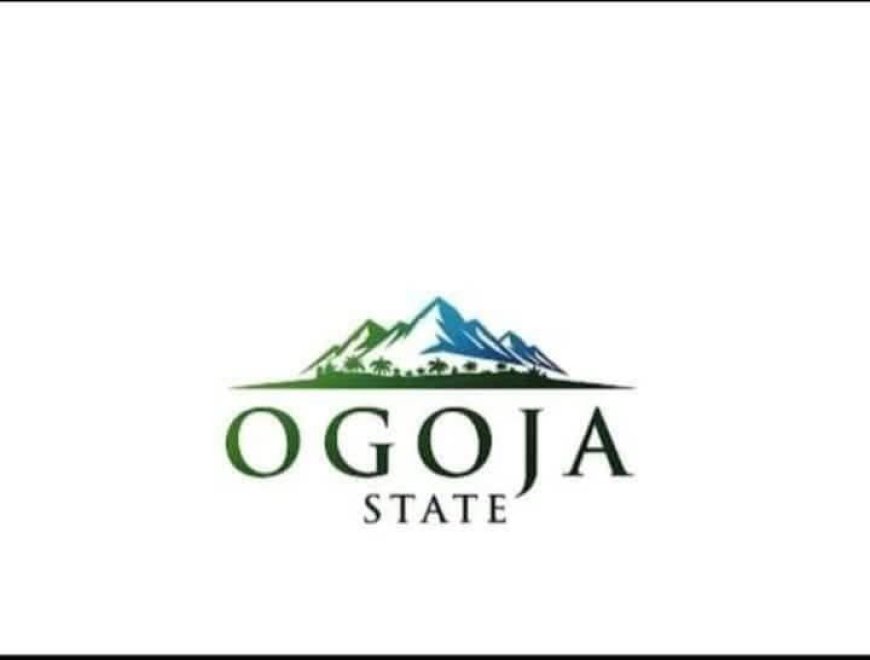
The agitation for the creation of Ogoja State has evolved from a regional aspiration into a national imperative anchored on justice, equity, and administrative necessity.
The recent House of Representatives Committee Public Hearing on 1999 Constitutional Review held at the South-South Centre B in Calabar on July 19, 2025, rekindled momentum for this long-standing demand, drawing attention to the plight and untapped potential of the historic Ogoja Province.
Comprising Yala, Ogoja, Bekwarra, Obudu, Obanliku, Boki, Etung, Ikom, and the old Obubra Local Government Areas, the proposed Ogoja State transcends mere geography. It symbolises decades of constitutional exclusion, neglect, and patient civic engagement.
Since the state creation exercises of 1967, 1976, 1987, 1991, and 1996, Ogoja has been repeatedly sidelined, making it one of the remaining colonial-era provinces yet to be granted statehood. While sister provinces like Ilorin, Benue, Adamawa and Abakaliki have since evolved into full-fledged states, Ogoja remains under the administrative weight of an overstretched Cross River State.
The consequences of this structural imbalance are stark and glaring. A journey from Calabar, the state capital, to Ogoja takes over eight hours , a logistical reality that hampers governance, access to services, and economic development. This geographical disconnect has translated into systemic neglect: hospitals in many Ogoja communities are dysfunctional, schools are underfunded, clean water is a luxury, and power supply remains erratic.
These are not isolated inconveniences; they reflect the broader structural challenges of administering such a vast and topographically diverse state.
Unlike other Nigerian states where citizens can traverse the entire territory in a few hours, traveling from Calabar to towns like Yala, Bekwarra, or Obudu can take up to ten hours ,a journey that takes just three hours from Ogoja to Abuja.
Therefore, the call for Ogoja State is, therefore, not driven by sentiment but by the urgent need for administrative efficiency and equitable development. It is a rescue mission.
Critics often raise questions about the economic viability of proposed states, but Ogoja defies such skepticism.
The region boasts vast arable land and agricultural productivity, cultivating palm oil, rice, garri, groundnuts, honey, yams, cocoa, and cassava. It is home to the Obudu Cattle Ranch, a dormant yet high-potential tourism asset, and sits on untapped mineral deposits.
Notably, the bulk of Nigeria’s cocoa exports originate from Boki, Etung, and Ikom , all part of the proposed state. Ogoja’s strategic location at the confluence of Benue, Ebonyi, and Cameroon further strengthens its potential for cross-border trade and regional integration.
As former lawmaker and foremost advocate, Hon. Cletus Obun aptly stated, “We don’t need oil to survive. Ogoja has the landmass, the population, the infrastructure, and the economic base to thrive on its own.”
Beyond economics, the demand also seeks cultural preservation and political inclusion. Ogoja is home to diverse ethnic and linguistic groups, from the Bekwarra hills to the Boki forests and the Obudu highlands. Under the current structure, these identities face erosion. Indeed, a new state would enable policies tailored to their unique needs, protect cultural heritage, and promote self-governance.
Therefore, continued exclusion of Ogoja also distorts Nigeria’s geopolitical balance, especially within the South-South and South-East zones. Creating the Ogoja State would correct this disparity and reaffirm the federal character of Nigeria’s democracy. This agitation has moved beyond informal appeals; it is now a structured and legally grounded campaign.
The Ogoja State Creation Bill, currently before the National Assembly, is spearheaded by Hon. Godwin Offiono and supported by Senator Jarigbe Agom, Chief Kanu Agabi (SAN), traditional rulers, youth groups, and civil society organisations. Their efforts bring integrity, strategy, and cohesion to the cause.
Over successive administrations, the region’s stakeholders have submitted well-reasoned memoranda, petitions, and peaceful demonstrations. Yet their requests have either been ignored or politicised.
Despite these setbacks, advocates have remained calm, focused, and constitutionally compliant, driven not by desperation, but by a deep belief in democratic process.
As Hon. Obun noted, “This is no longer a cry for privilege. It is a demand for justice.”
The people of Ogoja have demonstrated remarkable civic responsibility. They have built their case with facts, crossed partisan lines, and rallied national support without resorting to unrest. Their commitment is a lesson in democratic engagement , and the time for a national response is now.
This paper salutes the courage and doggedness of the likes of Sen. Jarigbe Agom Jarigbe, Hon. Godwin Offiono, Kanu Agabi, SAN, Papa Dorn Cklaimz Enamhe, Convener Movement for the creation of Ogoja State, Justice Eneji, Johnny Agim, SAN, Co-Convener, CP Lawrence Alobi (rted), Hon Cletus Obun, Hon Solomon Ekam, Justice Maurice Enamhe, Asso Prof Achi Bekomsom, Chief Mathew Ojugbo, coordinator North, Nar. Alphonsus Eba, and Dame Comfort Otere for their courage, commitment and doggedness in the fight for Ogoja state creation.
At the center of this moment stands President Bola Ahmed Tinubu, a seasoned statesman known for bold reforms and a commitment to federalism. He now has a historic opportunity to correct a long-standing injustice and etch his name in history as Nigeria’s first democratically elected president to create a state.
By galvanizing legislative action and mobilising political will, President Tinubu can usher in a new era of equity. The creation of Ogoja State would not only fulfill constitutional provisions but also reignite faith in the Nigerian federation.
As Chief Kanu Agabi so poignantly put it: “We are not asking for oil wells or privileges. We are asking for the opportunity to take our destiny into our own hands.”
Indeed, Cross River must boldly declare: “In Ogoja State we stand.”Not to fracture the nation, but to strengthen it. Not to protest, but to participate more effectively. The journey has been long, but the time is now.
To the traditional rulers, lawmakers, technocrats, youth leaders, and civil society actors at the forefront of this noble struggle: this is no time to retreat.
We salute your unwavering resolve and strategic engagement that has brought the campaign this far. But now is the moment to sustain the momentum, deepen coalitions, and intensify advocacy across both the legislative and executive arms of government.
Let it be remembered that history is not made by those who stop at the gates, but by those who push until the doors are opened.
Let this generation of Ogoja leaders be the ones who refused to give up, but the ones who finally delivered a state to their people.

